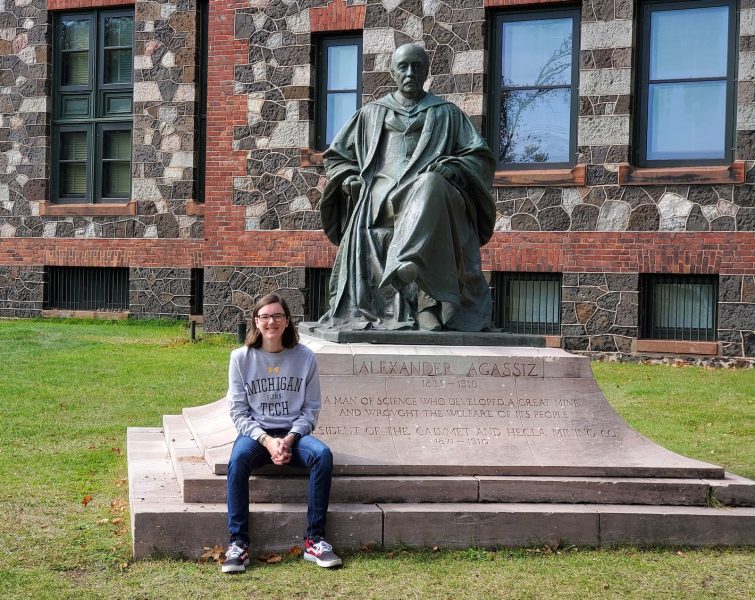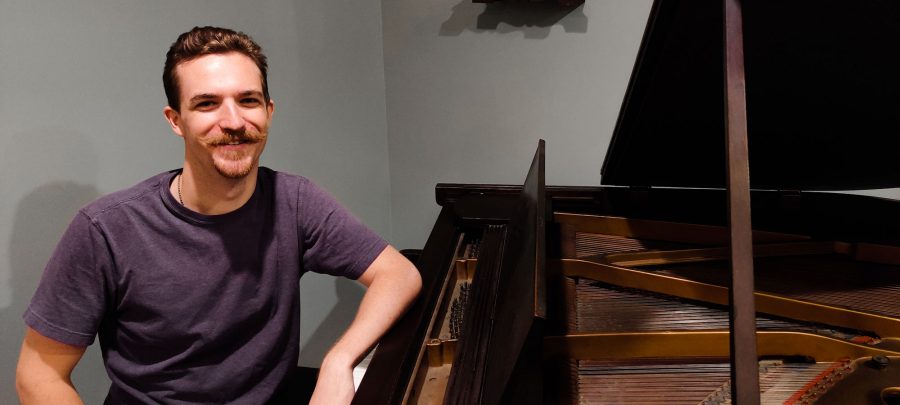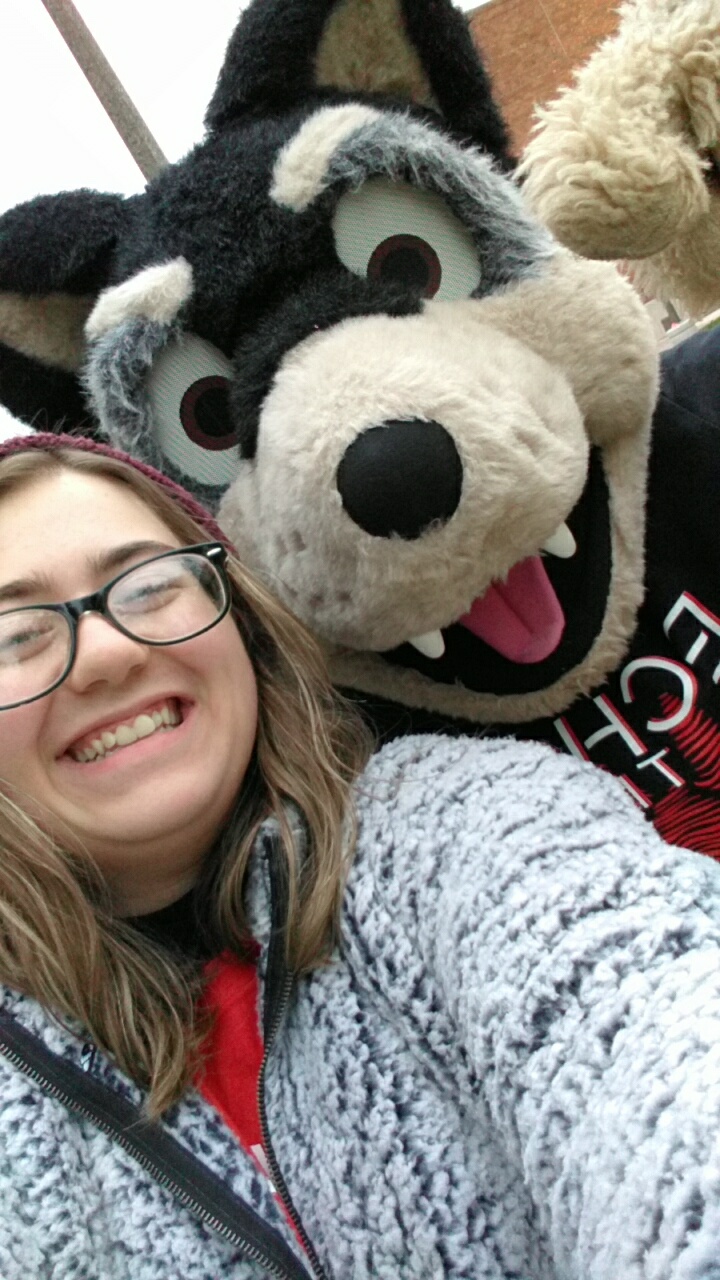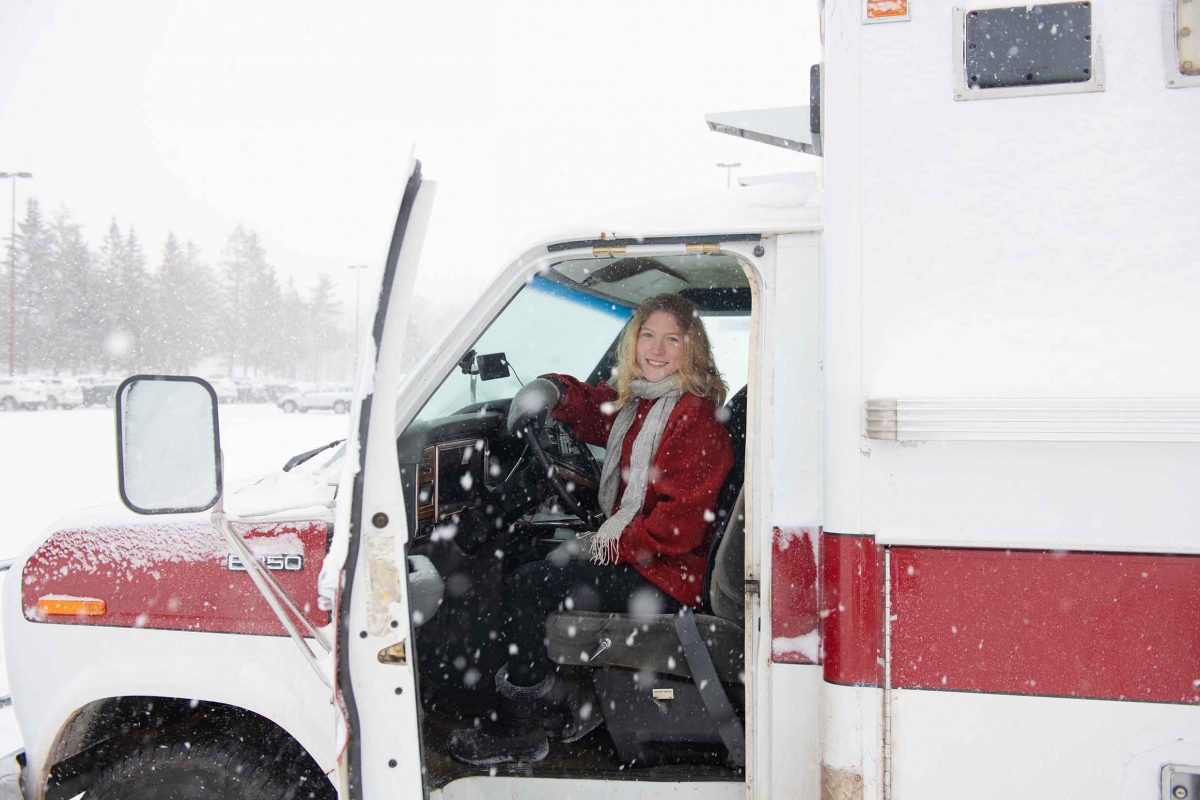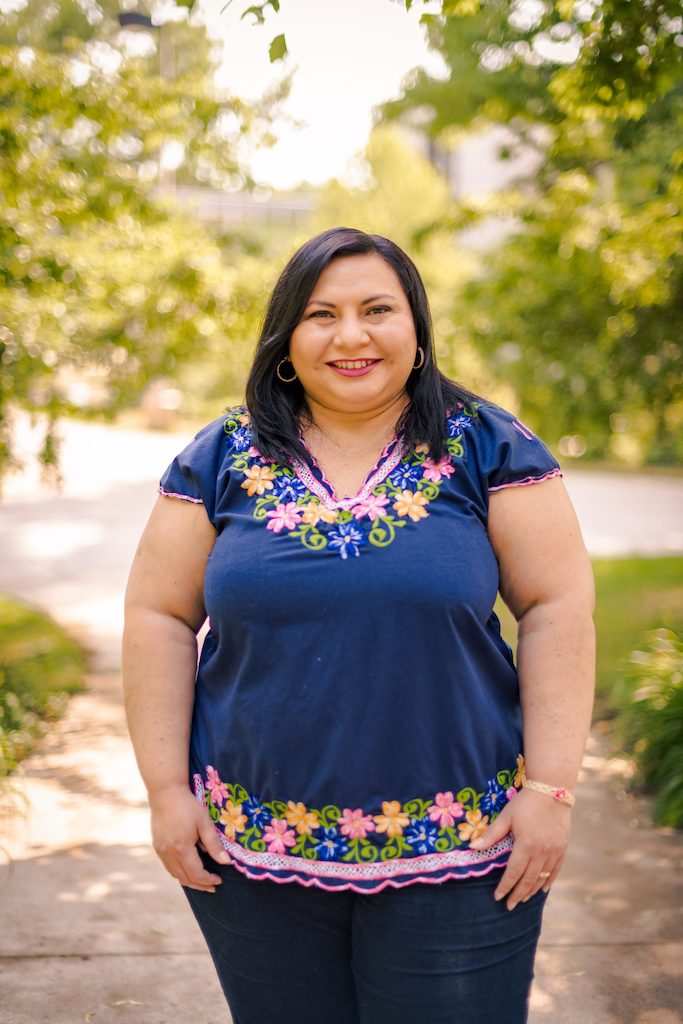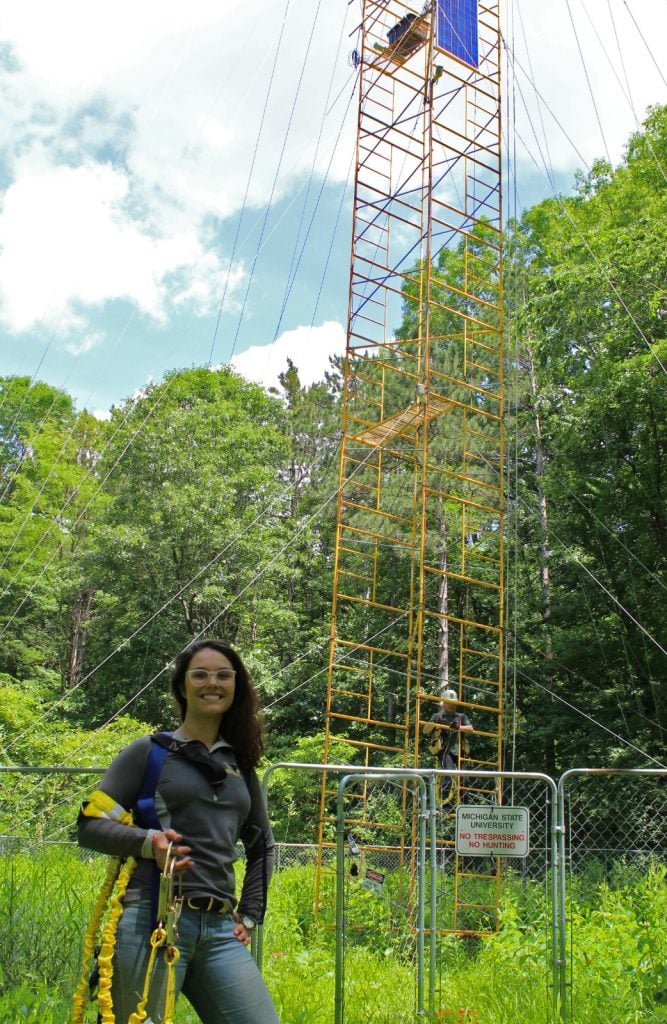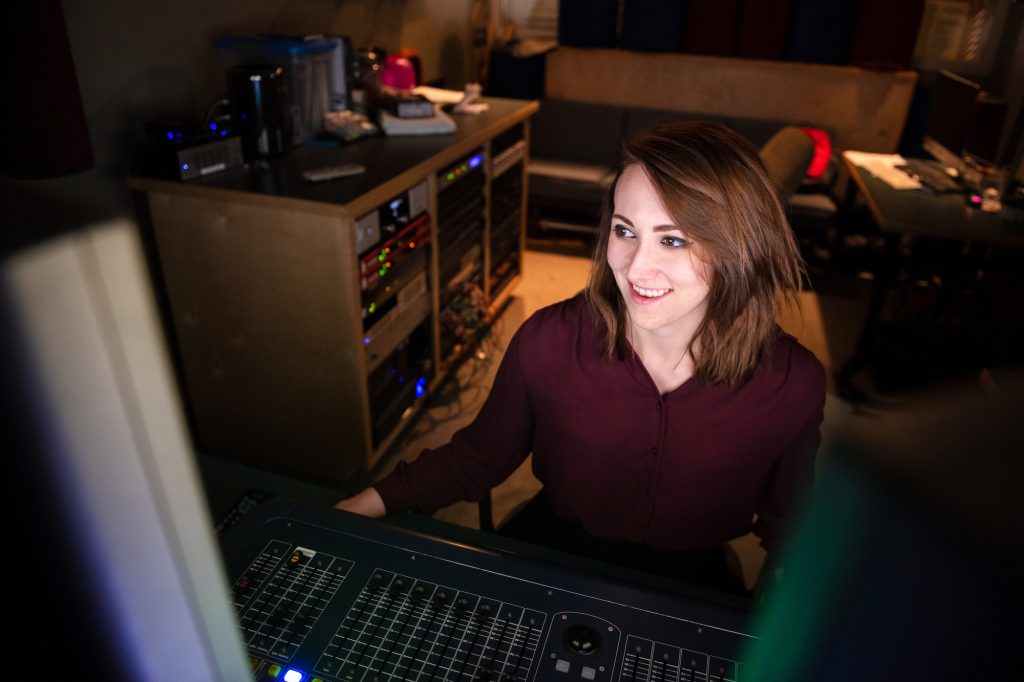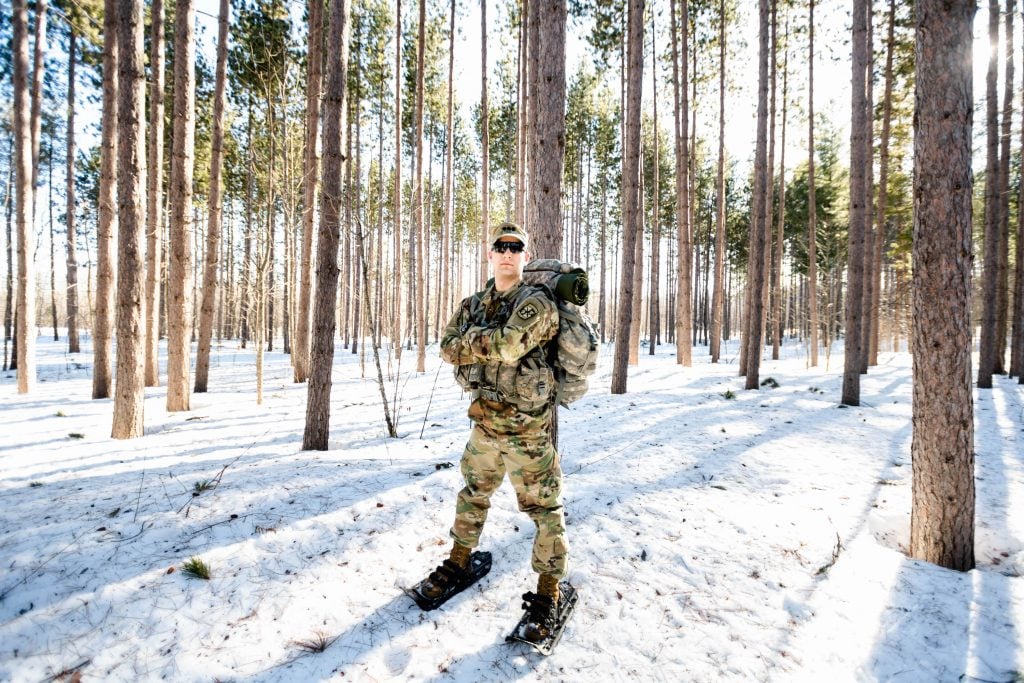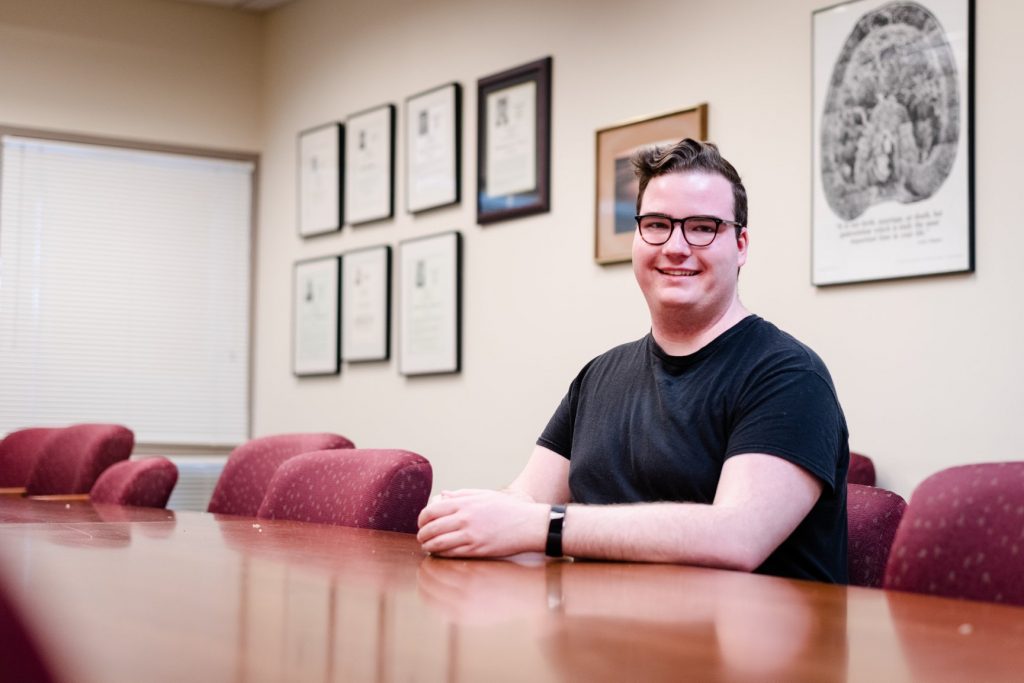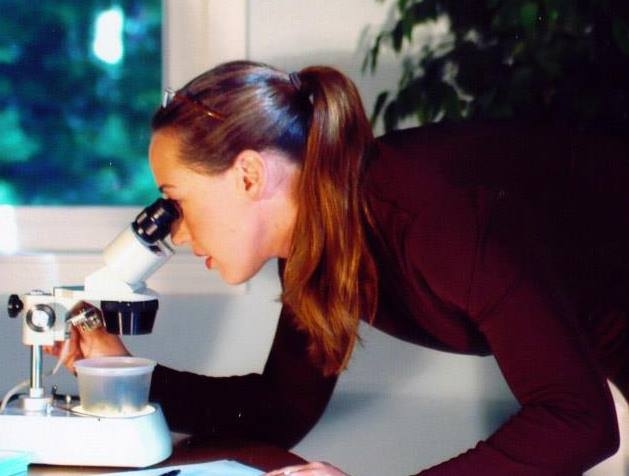
“I knew I wanted to be a limnologist since the age of four when I bought my first microscope and got grounded for having a pet turtle in the bathtub. Every day after school I would ride my bike down to a few lakes and spend hours observing and studying them. In high school I completed a thesis my senior year on the effects of hydrogen peroxide on lake eutrophication.
I founded Restorative Lake Sciences (RLS) in 2012 in response to a significant need for a lake management and restoration consulting firm that provides objective analysis of lake issues with professional scientific recommendations to restore balance to aquatic ecosystems. The overall goal is to reduce scientific bias through intensive scientific evaluations and management recommendations that are not connected to profits or political agendas. One of our key attributes is emphasis on community outreach. RLS provides scientific data in a manner that can be easily understood by most lake communities so those communities can play an active role in helping with the restoration process. The root of this approach lies in sustainability, which prepares these vulnerable ecosystems for long-term improvements with community riparians (lands that occur along water courses and bodies) that have a long legacy on the lakes. For an ecosystem to be considered sustainable it must be able to better absorb external shocks that occur and return to normal functions. Many lakes are not able to maintain this status; the process must include the social aspect of community involvement.
A healthy lake will have healthy water quality parameters such as ample dissolved oxygen concentrations, balanced water chemistry, high water clarity, low suspended solids, low to moderate nutrients, and balanced algal and aquatic vegetation communities. We work with lakes in Michigan and other Midwest states but have provided expertise to lakes all over the US. All of our projects come from word-of-mouth recommendations or other project contacts.
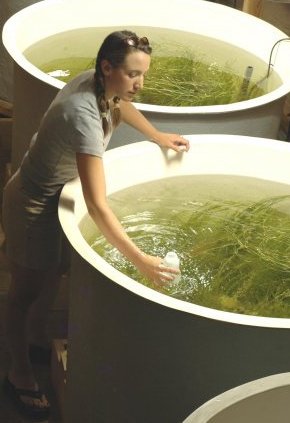
RLS keeps busy throughout the year. The field season begins with through-the-ice winter sampling, typically in February, followed by late season sampling into early November. The months of October-January are occupied by intensive data analysis and preparation and presentation of annual lake progress reports. On a daily basis, RLS conducts research on key lake issues and prepares scientific articles and publications. One of our major goals is to remain innovative and provide our lake communities with new approaches to lake management and restoration for optimum long-term results.
The most rewarding aspect of our work is seeing the shift from an ecologically distraught ecosystem to a balanced ecosystem capable of becoming a sustainable resource. The results can apply to lakes small to large. For example, we prepared a lake management plan for a 300-acre lake in Cheboygan County in 2008 that was heavily infested with invasive Eurasian watermilfoil, possessed an imbalanced native aquatic plant community, and had nuisance algae and water quality issues. The lake today is well-balanced and clear, and has barely measurable quantities of invasive species. Another good example is Houghton Lake, the largest lake in Michigan. This lake is a huge challenge due to its scale and requires a highly integrative approach which includes invasive aquatic plant management, water quality improvements and restoration of existing emergent plants such as wild rice. All of these factors are critical for supporting a healthy lake fishery.
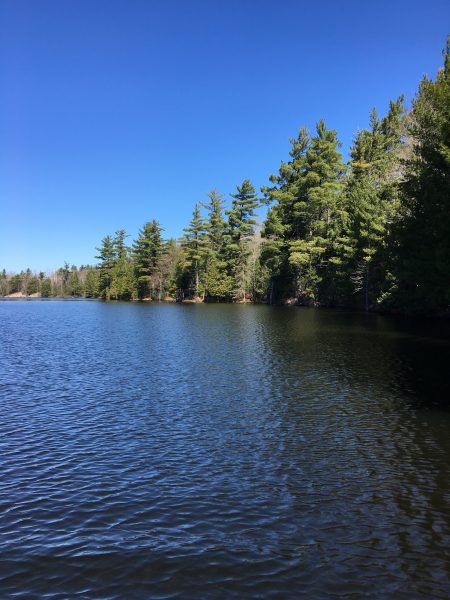
The toughest part of my career is integrating local political agendas into professional management planning. Oftentimes the two aspects are in conflict, and sometimes science does not win. That can be very frustrating, but the only way to fight that battle is to provide the soundest science possible and link it to how it interacts with the community policies for the most desirable outcomes.
The most fun part of my career is getting to travel to so many different lakes. They all have unique characteristics. I’ve studied lakes in the Adirondacks where the pH of one was around 8.7 and the adjacent lake pH was 5.0! This demonstrates the underlying geology in the dictation of lake chemistry.
I graduated cum laude from MTU in 1998 with my undergraduate degree in biology with an emphasis on lake ecology/limnology. I took nearly every course the University offered back then related to aquatic science. MTU was always known as an excellent research university and it prepared me extremely well for graduate school. I conducted undergraduate research working with two professors. I earned my master’s in aquatic ecology from Grand Valley State University in 2007 while I worked as a lake consultant. In 2010, I entered the PhD program at Michigan State University, majoring in resource studies with an emphasis on water resource tool development. All of these institutions were critical in shaping my ability to think at a high scientific level and use scientific data to make practical and ecologically sound management decisions. In a way, I began with a very narrow focus at MTU and then broadened it over time with the rest of my education.
I have so much advice to give new MTU undergrads!
1. Study hard. MTU is a very tough school and the days can be long and exhausting, but what you put in today will help you with your career and help it move smoothly.
2. If you are interested in research, find a faculty member who is willing to help you grow. Many professors need help in their labs and are happy to help future professionals.
3. Spend a lot of time outdoors. I visited Lake Superior at least weekly and fell in love with the area. You may not stay there after you graduate, so make those memories of what it is like to experience amazing and wild nature and geology. If you are lucky, someday you may buy property UP there. I did!
4. Even if you are an introvert, attempt to engage in social activities. I was a member of the Houghton Lake Aquanauts, The Biology Club, and Phi Sigma Honor Society, and participated in the All-Nighter Winter Carnival statue building. Events such as these help you experience other perspectives and interact with people who may or may not share your views. This is very important in the world beyond college.
5. Attend college team games—especially hockey! MTU has always been known for its excellent hockey team.
I highly encourage students who graduate in the aquatic sciences realm to attend graduate school to obtain beneficial credentials and better understand complex aquatic ecosystems.” – Jennifer Lynn Jermalowicz-Jones #mtuhumans
